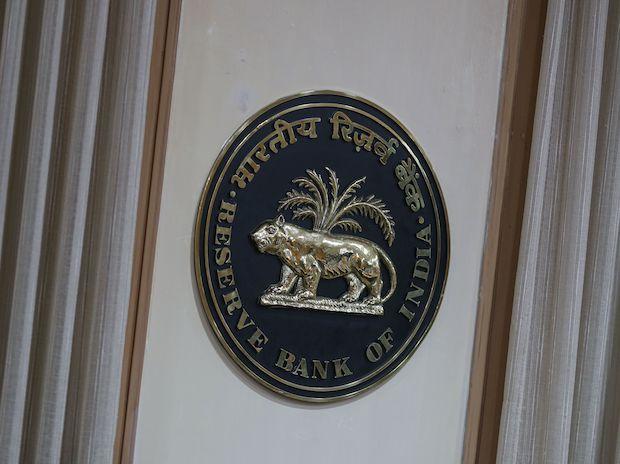WHAT IS FINANCIAL INCLUSION

Financial Inclusion
Financial inclusion is a method of offering banking and financial services to individuals. It aims to include everybody in society by giving them basic financial services regardless of their income or savings. It focuses on providing financial solutions to the economically underprivileged. The term is broadly used to describe the provision of savings and loan services to the poor in an inexpensive and easy-to-use form. It aims to ensure that the poor and marginalised make the best use of their money and attain financial education. With advances in financial technology and digital transactions, more and more startups are now making financial inclusion simpler to achieve.
Financial inclusion definition
Financial inclusion is the process of ensuring access to financial products and services needed by vulnerable groups at an affordable cost in a transparent manner by institutional players.
When was financial inclusion concept introduced in India?
The concept of financial inclusion was first introduced in India in 2005 by the Reserve Bank of India.
Objectives of financial inclusion
The objectives of financial inclusion are to provide the following:
- A basic no-frills banking account for making and receiving payments
- Saving products (including investment and pension)
- Simple credit products and overdrafts linked with no-frills accounts
- Remittance, or money transfer facilities
- Micro insurance (life) and non-micro insurance (life and non-life)
- Micro pension
Financial inclusion in India
PMJDY: Around 192.1 million accounts have been opened under the Pradhan Mantri Jan Dhan Yojana (PMJDY). These zero-balance bank accounts have been accompanied by 165.1 million debit cards, a life insurance cover of Rs 30,000 and an accidental insurance cover of Rs 1 lakh.
Other than PMJDY, there are several other financial inclusion schemes in India — Jeevan Suraksha Bandhan Yojana, Pradhan Mantri Vaya Vandana Yojana, Pradhan Mantri Mudra Yojana, Stand Up India scheme, Venture Capital Fund for Scheduled Castes under the social-sector initiatives, Pradhan Mantri Suraksha Bima Yojana (PMSBY), Atal Pension Yojana (APY), Varishtha Pension Bima Yojana (VPBY), Credit Enhancement Guarantee Scheme (CEGS) for scheduled castes, and Sukanya Samriddhi Yojana.
Why is financial inclusion important?
Financial inclusion strengthens the availability of economic resources and builds the concept of savings among the poor. Financial inclusion is a major step towards inclusive growth. It helps in the overall economic development of the underprivileged population. In India, effective financial inclusion is needed for the uplift of the poor and disadvantaged people by providing them with the modified financial products and services.
RELATED BUDGET TERMS
FINANCIAL INCLUSION NEWS
-
 FinMin meets private sector bankers, reviews progress of flagship schemes
FinMin meets private sector bankers, reviews progress of flagship schemes
The finance ministry on Tuesday held a meeting with private sector lenders to review progress made by them under the flagship ...| January 24, 2023, Tuesday -
 Internet connectivity key to India's robust financial inclusion: SBI chief
Internet connectivity key to India's robust financial inclusion: SBI chief
Khara said that his and other banks have created a robust system of digital banking that help people get access to their banking ...| January 19, 2023, Thursday -
 India great example of how financial inclusion can work: German envoy
India great example of how financial inclusion can work: German envoy
India is a great example of how to bring about financial inclusion and it needs to share this experience with the world at large, ...| January 12, 2023, Thursday -
 World's focus must be on women-led development: Munda at G20 event
World's focus must be on women-led development: Munda at G20 event
India's G20 presidency seeks 'human-centric globalisation', says Union tribal affairs minister| January 10, 2023, Tuesday -
 Financial inclusion, remittance cost focus areas in G20 meeting
Financial inclusion, remittance cost focus areas in G20 meeting
In Kolkata, apart from the plenary meetings, there would be a symposium that would see participation of 12 international speakers| January 08, 2023, Sunday -
 Aadhaar's new goal: AePS to facilitate financial inclusion in rural areas
Aadhaar's new goal: AePS to facilitate financial inclusion in rural areas
As per official data, the UIDAI records seven to eight crore Aadhaar authentications every day, and AePS currently comprises ...| December 11, 2022, Sunday -
 69% Indian households struggle with financial insecurity, says survey
69% Indian households struggle with financial insecurity, says survey
Despite robust growth in financial inclusion and the burgeoning financial services industry, almost 69 per cent of Indian ...| November 05, 2022, Saturday -
 Merger of PSBs haven't impacted financial inclusion adversely: RBI
Merger of PSBs haven't impacted financial inclusion adversely: RBI
Preserving financial system stability an overriding objective for regulators says deputy governor Rajeshwar Rao| October 21, 2022, Friday -
 Digital Banking Units to boost financial inclusion: All you need to know
Digital Banking Units to boost financial inclusion: All you need to know
Karnataka, Tamil Nadu, Uttar Pradesh, Odisha and Rajasthan will get four DBUs each, followed by Gujarat, Kerala, Madhya Pradesh, ...| October 18, 2022, Tuesday -
 FinMin's special campaign in seven districts to deepen financial inclusion
FinMin's special campaign in seven districts to deepen financial inclusion
Campaign will work to achieve saturation in respect of bank accounts, insurance/pension schemes; distribution of loans to FPOs, ...| October 02, 2022, Sunday



